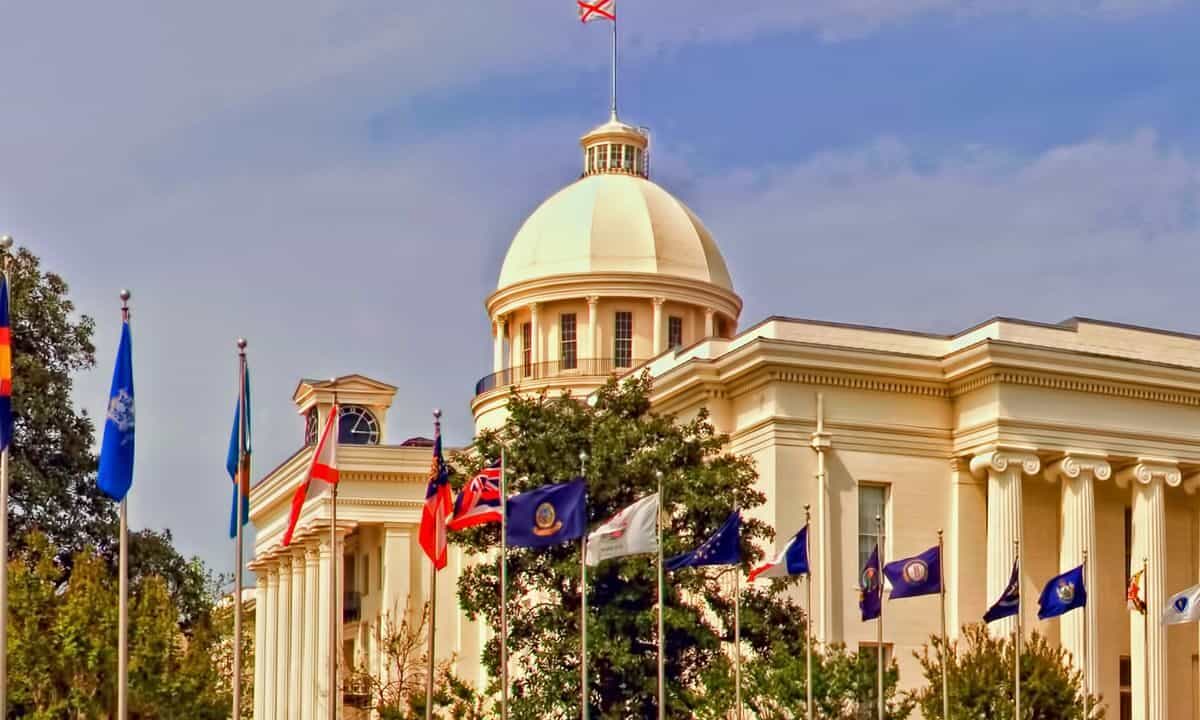 Alabama Capitol by Jsweida is licensed under CC BY-SA 3.0
Alabama Capitol by Jsweida is licensed under CC BY-SA 3.0
According to a recent article published by ABC news, “Alabama families could soon pay less at the grocery store after lawmakers gave final passage Thursday to a landmark bill that would gradually remove half of the 4% state sales tax on food.” House Bill 479 (HB 479) is a bill that would slash Alabama’s grocery tax in half from 4% to 2% in 2024 if receipts to the ETF grow by 3.5% year over year. After receiving widespread support with nearly all of Alabama’s 140 legislators signing on as sponsors to the bill, the tax cut now heads to Governor Ivey’s desk for final approval.
Alabama is currently one of three states that impose a grocery tax. Similar efforts to reduce the Magnolia state’s grocery tax have made their way to the state’s legislature in the past but were unable to garner much momentum. In a statement released by Alabama’s Lt. Gov. William Ainsworth, he asserted that “it’s time to permanently reduce the tax burden for all Alabama families” and “with a budget surplus of almost $3 billion, [state officials] must take action now because the families of Alabama deserve it”. The Lt. Governor cites the record high inflation rates and the state’s $3 billion budget surplus as the principle motivators behind his support for the cut.
The benefits associated with a grocery tax cut cannot be overstated. Grocery tax cuts would enhance the ability for Alabamans to nourish themselves and their families. Furthermore, it should be acknowledged that grocery taxes do disproportionately affect lower income households that do spend a higher proportion of their incomes on groceries. According to a report published by The Alabama Policy Center “the average family of four spends $1,000 per month on food at minimum.” A reduction of the grocery tax would provide all Alabamans with the relief they need to overcome the hardships of 50 year high inflation.
The proposed reduction of the Alabama grocery tax is a very sensible and effective policy that will return millions of dollars to hard working Alabamans at a time when most families are struggling to make ends meet. Moreover, the fact that HB 479 is able to receive nearly unanimous support in the state’s legislature should serve as an indication that this bill would help to improve the welfare of nearly all Alabamans – especially those on the lowest rungs of the socio-economic ladder.
If signed into law by Governor Ivey, HB 479 would finally bring about a reduction to the state’s regressive grocery tax and realize the aspirations that many state legislators have had for decades.

